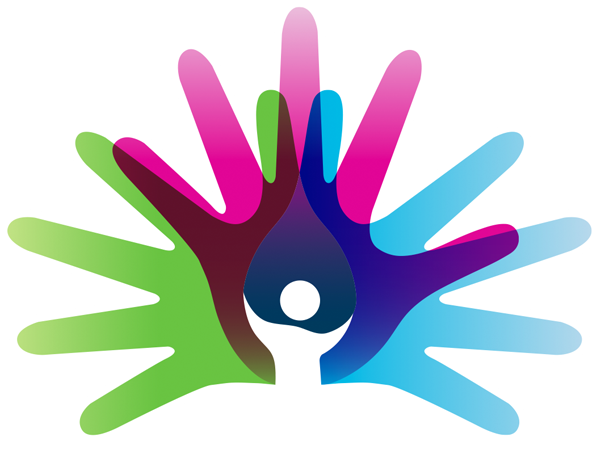What are mast cells?
Mast cells are "master regulators" of the immune system. They come from bone marrow and go into all tissues of the body. Some diseases, such as mastocytosis, derive from an increased number of mast cells. Others, such as Mast Cell Activation Syndrome (MCAS), are the result of the activation of mast cells.
"What are Mast Cell Disorders and Mastocytosis?"
Dr. M. Castells, American Academy of Allergy Asthma & Immunology, Video, 7/28/16
Did you know?
Some diseases, such as mastocytosis, derive from an increased number of mast cells. Others, such as Mast Cell Activation Syndrome (MCAS), are the result of the activation of mast cells. But did you know that many other diseases and disorders have been found to involve mast cell activation, including asthma, chronic fatigue syndrome, coronary hypersensitivity syndrome, eczema, fibromyalgia, idiopathic anaphylaxis, irritable bowel syndrome, multiple chemical sensitivity syndrome, neuroinflammation, postural orthostatic tachycardia syndrome (POTS), psoriasis, and even autism. [show/hide more]
Mast cells are "master regulators" of the immune system. They come from bone marrow and go into all tissues of the body. Each mast cell contains secretory granules (storage sacs), each containing powerful biologically active molecules called mediators. These can be secreted when mast cells are triggered, leading to allergic and inflammatory diseases.
In allergies or anaphylaxis, mast cells can release the content of all the secretory granules rapidly (degranulation) in response to foods, drugs or insect bites. Mast cells can also release specific mediators selectively in response to heat, odors, stress, as well as bacterial, viral or yeast infections.
The release of mast cell mediators can be unpredictable and can affect multiple organs in children and adults. Symptoms may include: skin rashes, flushing, itching, hives, muscle and bone pain, fatigue, gastrointestinal issues, nausea, vomiting, headache, difficulty concentrating and remembering (brain fog), depression, anxiety, mood fluctuations. as well as chest tightness, blood pressure changes, difficulty breathing and swallowing symptoms typically associated with life-threatening anaphylactic shock.
Glossary of Mast Cell Related Terms, by Mast Attack
